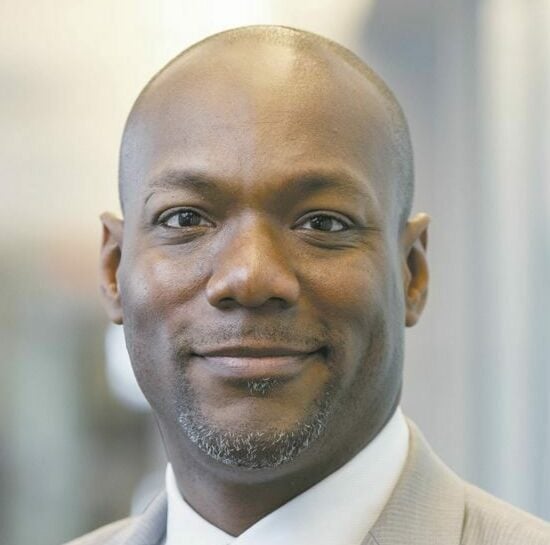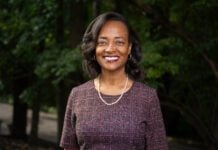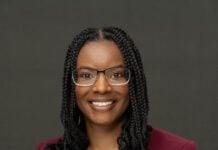As the U.S. government continues its retreat from supporting the nonprofit sector, we are fortunate to have Mackenzie Scott (among other philanthropists) step up to fill some portion of the dangerous void that remains. I say “some portion” because private philanthropy cannot replace the amount of tax dollars that support the roughly 1.9 million U.S. nonprofit organizations – to include postsecondary institutions.
Scott recently donated $70 million to the United Negro College Fund (UNCF), bolstering its $1 billion campaign to strengthen the 37 private Historically Black Colleges and Universities (HBCUs) that comprise its membership. The UNCF seeks to create a $370 million endowment that would allow it to give $10 million to each of its member schools, most of which are struggling to be financially stable. (Note: The UNCF supports private HBCUs, whereas the Thurgood Marshall College Fund, or TMCF, supports public HBCUs.)
Predictably, Scott’s generosity has already elicited the usual grumbling about “reverse discrimination” benefitting African Americans. Therefore, data and historical information are in order. HBCUs, which are primarily located in the Southern U.S., were created beginning in the antebellum period. Unlike PWIs, HBCUs have never engaged in racially discriminatory admissions processes. Indeed, three HBCUs – West Virginia State, Bluefield State (in West Virginia) and Lincoln University (in St. Louis) – are predominantly white.
From a financial perspective, the endowments of Predominantly White Institutions (PWIs) vastly outpace HBCU endowments in terms of wealth. In fact, the aggregate size of all HBCU endowments is just $2.6 billion. By contrast, there are at least 30 PWIs with individual endowments that are larger than that amount. This is because HBCUs have always trailed PWIs both in terms of tax dollars and philanthropic support. There are few better instances in which the aphorism “the rich get richer” applies.
Candid, an organization that conducts philanthropic research, and ABFE, an organization that supports philanthropic investments for African Americans, conducted a study in 2023. It found that Ivy League schools (of which there are only eight) received $5.5 billion from the 1,000 largest foundations in the U.S. This is compared to a total of just $45 million for all 99 HBCUs combined.
Similarly, the tax dollars that support public colleges and universities have always been inequitably distributed throughout the U.S. Tragically, several HBCUs have had to sue state governments to receive a small portion of the dollars that they had been intentionally denied for decades. Thus, even if the UNCF reaches its $1 billion goal (and I pray that it does), the yawning gap in financial strength between HBCUs and PWIs will remain for generations.
However, there is some room for optimism. Given that the Supreme Court has given its imprimatur to the return of racial segregation in higher education, now could be a propitious time for HBCU enrollments and finances. With substantially increased outreach, HBCUs can legitimately vie for students of all races who seek a top-notch education.
Further, as we all know, athletics play a strong role in attracting a large percentage of students to a particular campus. Thus, the excitement that former NFL starts like Deion Sanders and Eddie George have generated for HBCUs could result in substantial enrollment growth – a phenomenon that has occurred at PWIs in years past.
I am not an HBCU graduate. As a first-generation college student, I was ignorant of the history of these great institutions, so I did not apply to them. However, as I became more aware of the disproportionate impact that HBCUs have on our nation, I have worked to strengthen them. Further, I encouraged my three children to at least explore these great schools. As a result, two of them chose to attend HBCUs.
From a national perspective – especially as regards to economic prosperity and national security – current immigration restrictions have begun to worsen the STEM deficit that we have. Our 99 HBCUs could play a vital role in helping the U.S. to maintain its technological advantage over China if we support them.
Beyond that, the pageantry and historical significance of HBCUs stand apart. Many of America’s best and brightest, including Dr. Martin Luther King, Jr., are HBCUs grads. We do not have one moment to spare or one person to leave behind.
“A mind is a terrible thing to waste.”
Larry Smith is a community leader. Contact him at larry@leaf-llc.com. For more editorials, click here.





